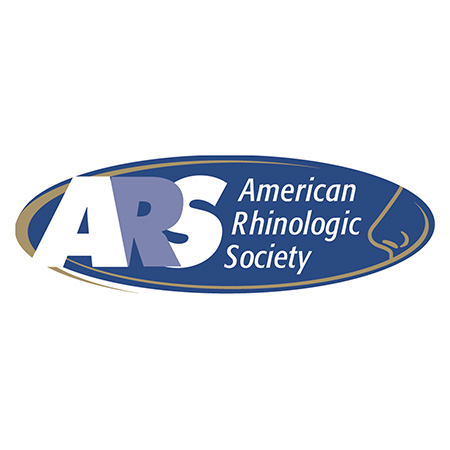The Use of Bovine-Derived Collagen Matrix in the Surgical Treatment of Empty Nose Syndrome
 A relatively rare complication of turbinate surgery, empty nose syndrome (ENS) manifests as difficulty breathing through the nose, feelings of nasal obstruction or suffocation, nasal dryness or burning, a reduced sense of smell or taste, and general fatigue. Psychological symptoms may include anxiety, depression, and loss of productivity. Only a handful of specialists in the U.S. treat ENS regularly. Among them is Martin J. Citardi, MD, professor and chair of the Department of Otorhinolaryngology at McGovern Medical School at UTHealth Houston.
A relatively rare complication of turbinate surgery, empty nose syndrome (ENS) manifests as difficulty breathing through the nose, feelings of nasal obstruction or suffocation, nasal dryness or burning, a reduced sense of smell or taste, and general fatigue. Psychological symptoms may include anxiety, depression, and loss of productivity. Only a handful of specialists in the U.S. treat ENS regularly. Among them is Martin J. Citardi, MD, professor and chair of the Department of Otorhinolaryngology at McGovern Medical School at UTHealth Houston.
In an abstract presented at the Combined Otolaryngology Spring Meetings (COSM) held in Chicago in May, Dr. Citardi and other rhinologists in the department analyzed their use of bovine-derived collagen matrix (BDCM) in inferior turbinoplasty procedures performed on patients with empty nose syndrome. “To date, there is no study looking at the use of BDCM in this group of patients,” says Dr. Citardi, who is also vice dean for clinical technology at UTHealth Houston.
Patients who underwent the procedure using the bovine-derived matrix reported significant improvements in: nasal dryness, nasal crusting, feelings of suffocation, the feeling of the nose being too open, and a burning sensation. “Our retrospective review confirmed our impression that these patients have had a sustainable and durable positive response,” he says. “The matrix is easy to manipulate, does not get infected, and seems to be sustainable. We’re also avoiding the second incision and healing time required with an autograft. As awareness of the condition increases, we expect to see more patients in need of treatment.”
The presentation at the American Rhinologic Society meeting held at COSM in May, 2024, was made by Brian Cameron, MD, a postgraduate year 4 resident, who played a pivotal role in organizing the study and reporting its results.